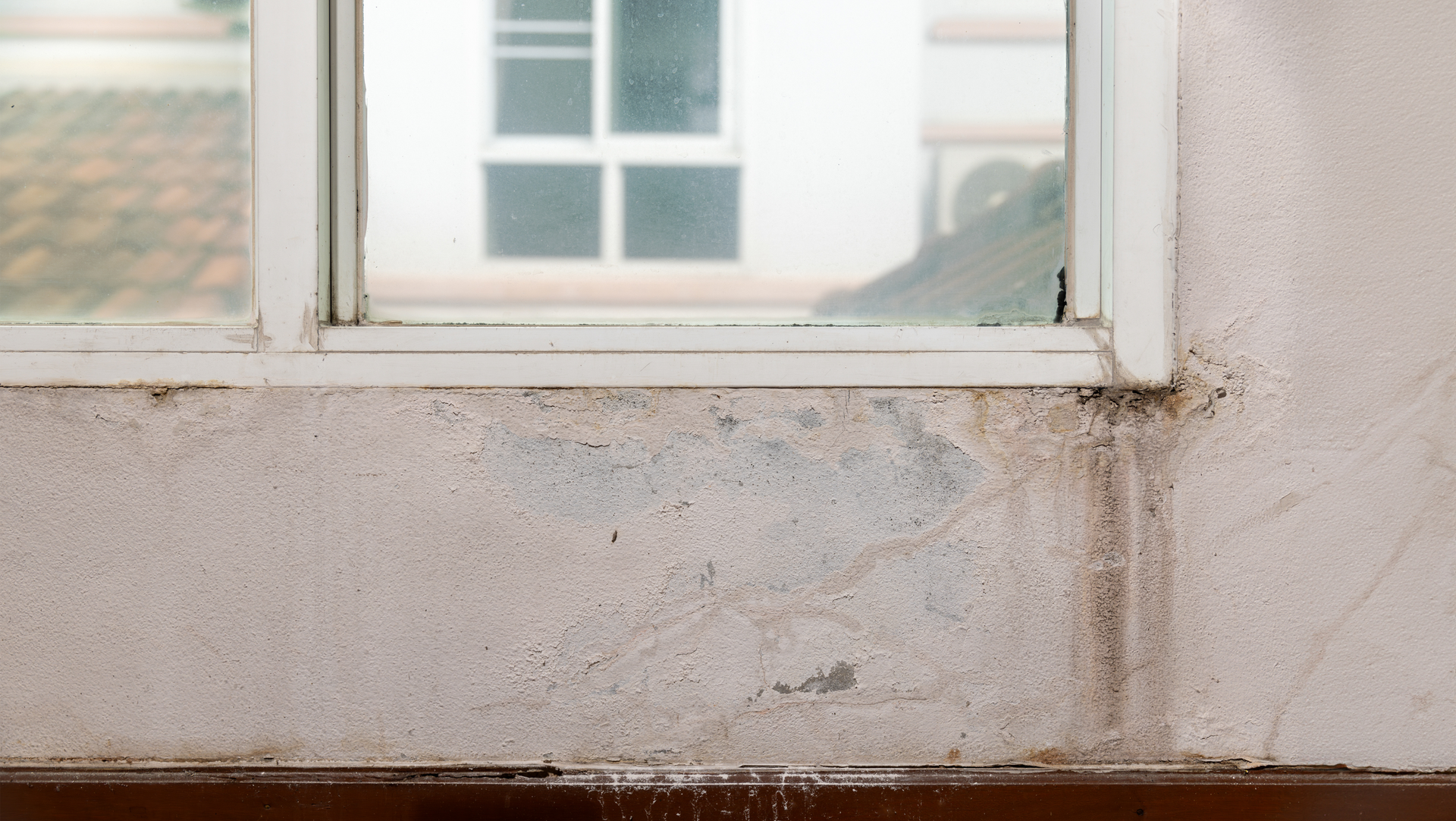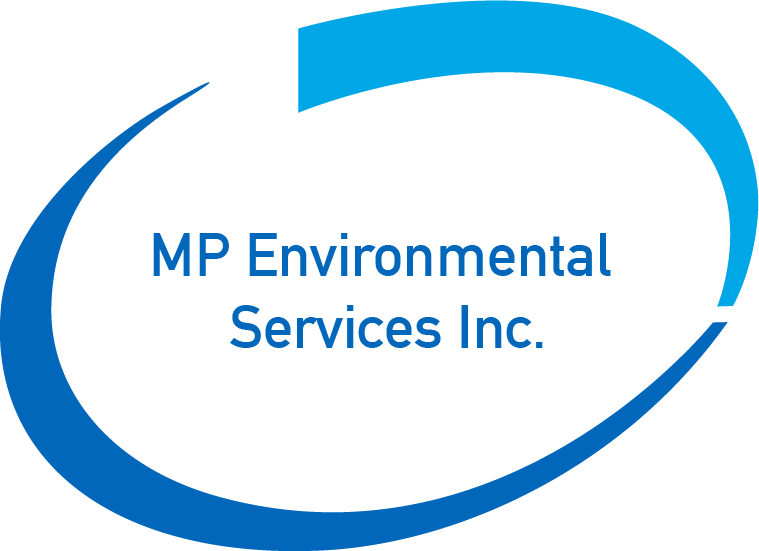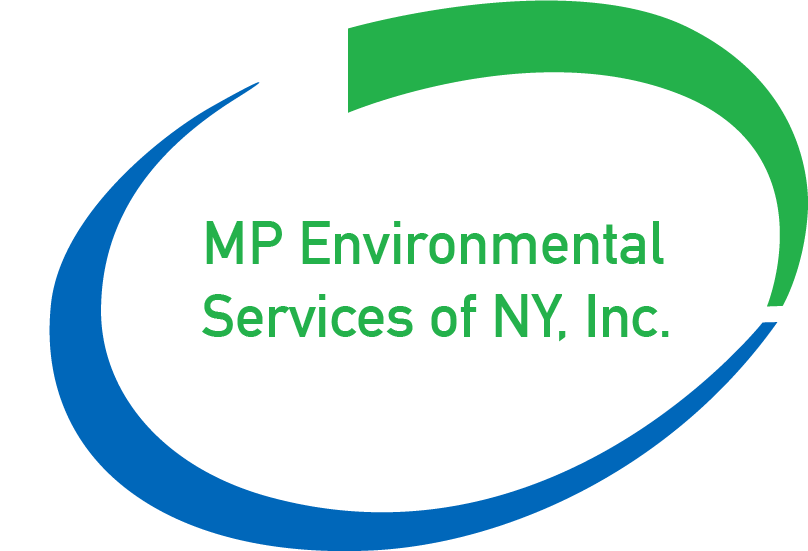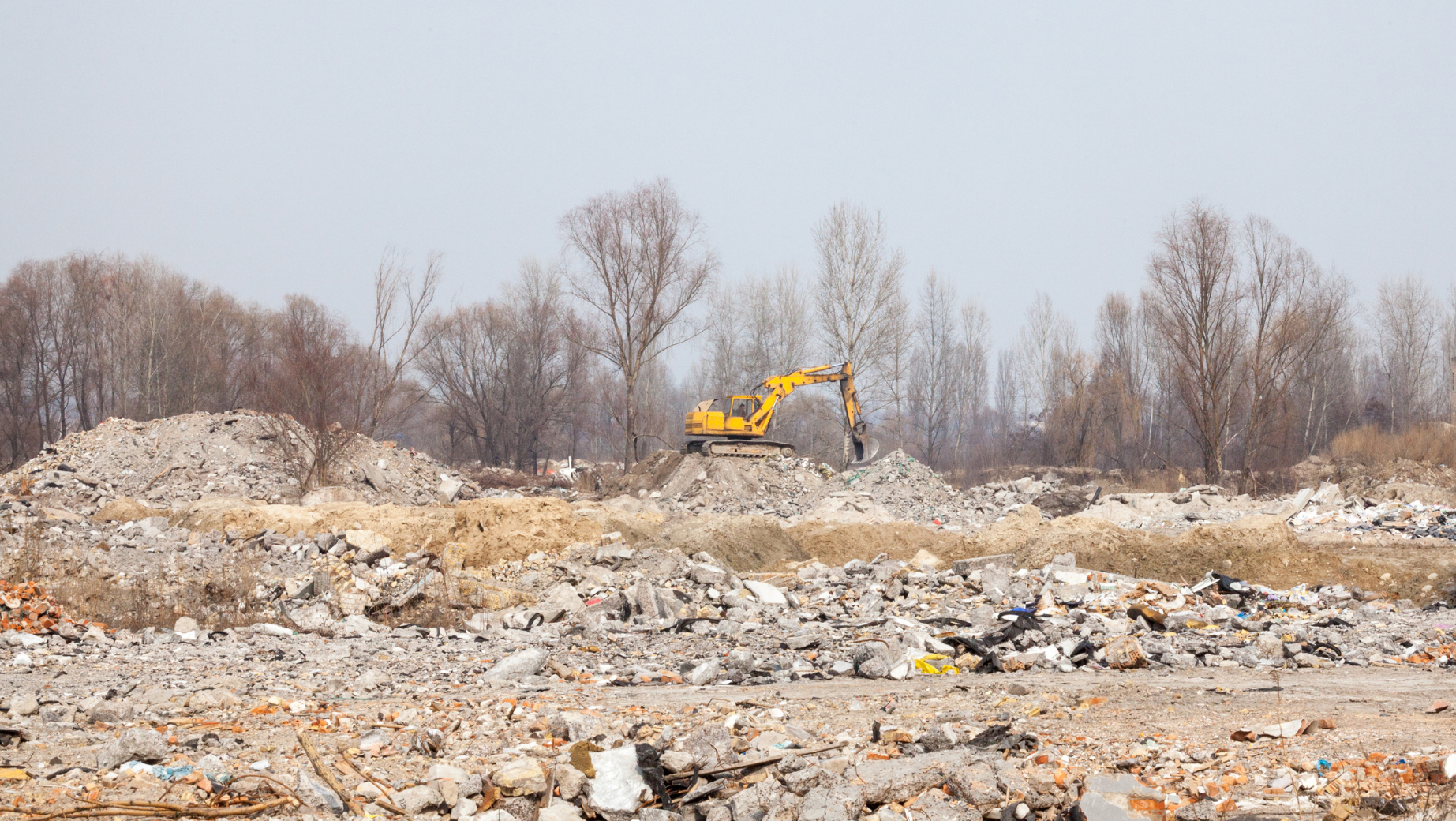The Environmental Impact of PCB Recycling

Breaking Down PCB Waste:
Environmental Risks and Recycling Solutions
Polychlorinated biphenyls (PCBs) were widely used in industrial applications, including electrical equipment, hydraulic systems, and adhesives, until their production was banned in many countries due to environmental and health risks. Despite the ban, PCBs persist in old equipment, contaminated sites, and the broader environment, posing ongoing challenges. Recycling and proper disposal of PCBs are critical to minimizing their harmful impact.
The Risk of PCBs
PCBs are classified as persistent organic pollutants (POPs), meaning they do not break down easily in the environment. They can accumulate in the food chain, leading to severe health risks for humans and wildlife. PCBs have been linked to cancer, endocrine disruption, and reproductive issues. Improper disposal exacerbates these risks, as PCBs can leach into soil and water or release harmful compounds when burned.
The Role of Recycling
Recycling PCBs, when done safely and effectively, can mitigate their environmental impact by:
- Reducing Environmental Contamination: Proper recycling prevents PCBs from entering ecosystems, protecting water bodies, soil, and air from contamination.
- Reclaiming Resources: Equipment containing PCBs often includes metals and other materials that can be recycled, reducing the need for new resource extraction.
- Preventing Illegal Disposal: Establishing formal recycling programs discourages unsafe disposal practices, especially in regions with limited regulations.
Challenges In PCB Recycling
Recycling PCBs is not without difficulties. Specialized facilities and technologies are required to safely dechlorinate or neutralize PCBs. Additionally, improper handling can release dioxins and other hazardous byproducts. This underscores the need for stringent regulations and best practices to ensure safe recycling processes.
What You Can Do
Supporting companies and programs that responsibly manage PCB waste is one way to contribute. Advocating for regulations and supporting research into safer disposal technologies can also make a difference. Recycling and responsibly managing PCBs is crucial for protecting ecosystems, reducing health risks, and moving closer to a world free of toxic pollutants.





